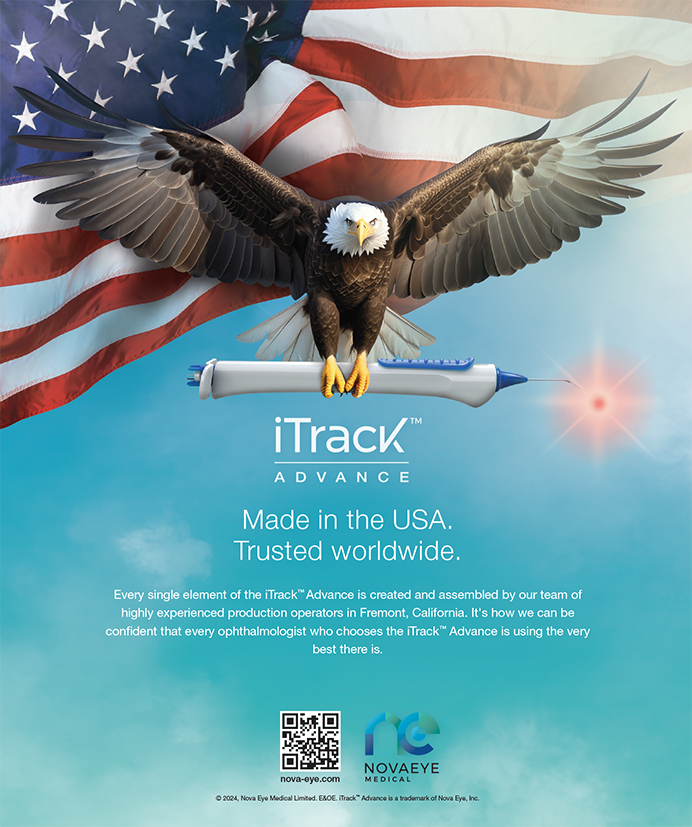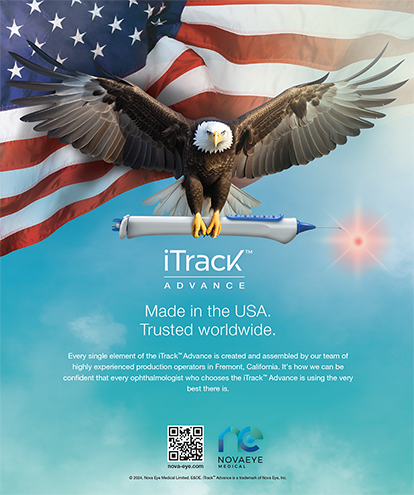What inspired you to create Refractive On-line?
Refractive On-line is a course for ophthalmologists who wish to receive updated scientific information on refractive surgery. I started this course in 2000 to provide ophthalmologists with basic and advanced information about refractive surgery. The Web site includes scientific and clinical presentations from ophthalmologists and researchers in other fields who have contributed to our field; subjects such as topography, aberrometry, and refractive IOLs; in-depth analysis of basic scientific research that links histology and the physicochemical aspects of corneal tissues; and sessions dedicated to analysis of established and avant-garde surgical procedures. The course also aims to educate ophthalmologists about modern procedures related to excimer laser refractive surgery, such as aberrometry and corneal topography. Additionally, Refractive On-line teaches ophthalmologists surgical solutions for common refractive defects and how to improve patients’ visual acuity by eliminating optical aberrations.
Given that the primary goal of corneal collagen cross-linking (CXL) is to increase corneal structural strength, do you think it is necessary to combine intrastromal corneal rings and CXL for visual improvement?
This could certainly be the case, but we are still collecting and analyzing long-term data for CXL. Therefore, it is too early to understand or predict how combining the two techniques will impact visual improvement.
What do you find is the most challenging aspect of being a peer reviewer of ophthalmic journals?
It is challenging to take an investigative approach to identify the strong and weak points of an article. However, experiencing this process has taught me how to write a better paper. I learn so much about ophthalmology as a peer reviewer, and it is comforting to see that writing a good paper is a long and difficult road for everyone.
What do you enjoy most about participating in Italian and international research groups that develop new ophthalmic techniques and devices?
I enjoy brainstorming with colleagues the most. It is rare to have the opportunity to learn from other researchers and hear their different points of view firsthand. This is a very stimulating experience. Plus, I frequently make new friends.
What are some aspects of traveling that you find exciting?
Traveling is thrilling because you get to experience a different culture and its ideas, ways of life, social scene, food, and economy. Whenever I visit another country, I always try to observe everything and everyone around me while always remembering my nation, family, and institute.
This article is reproduced with permission from Cataract & Refractive Surgery Today Europe’s November 2009 issue.


